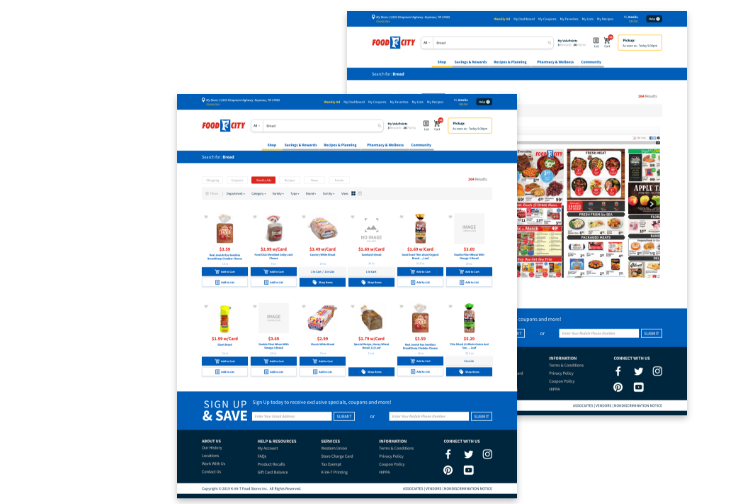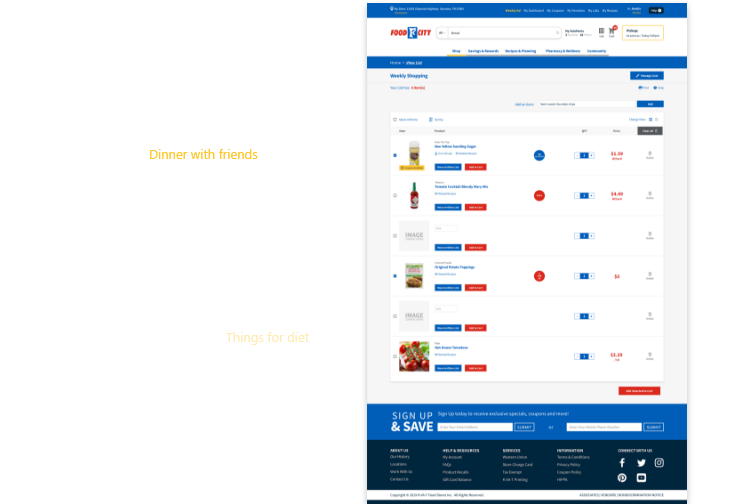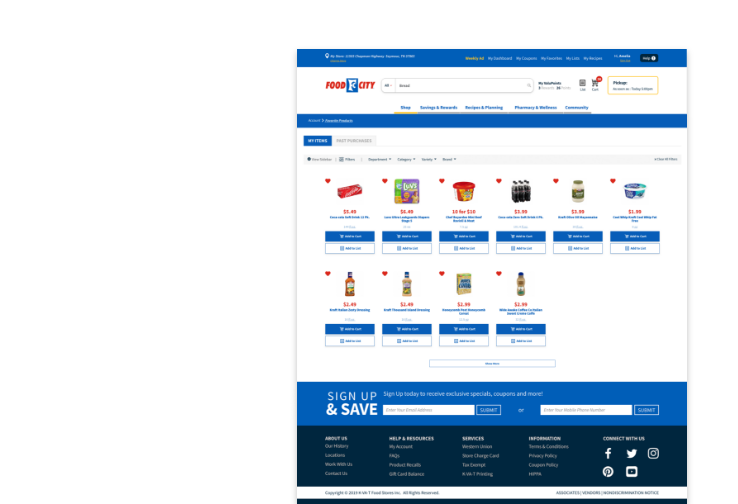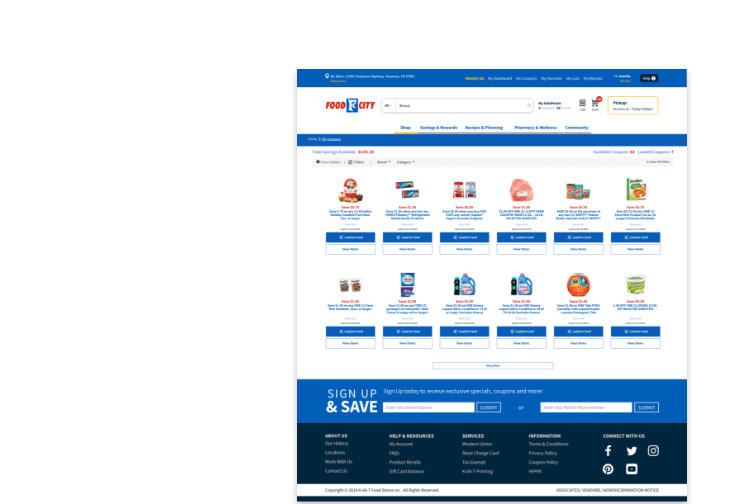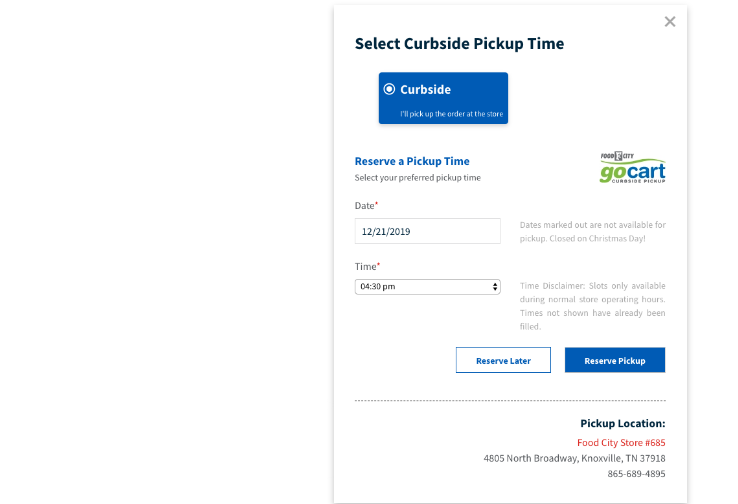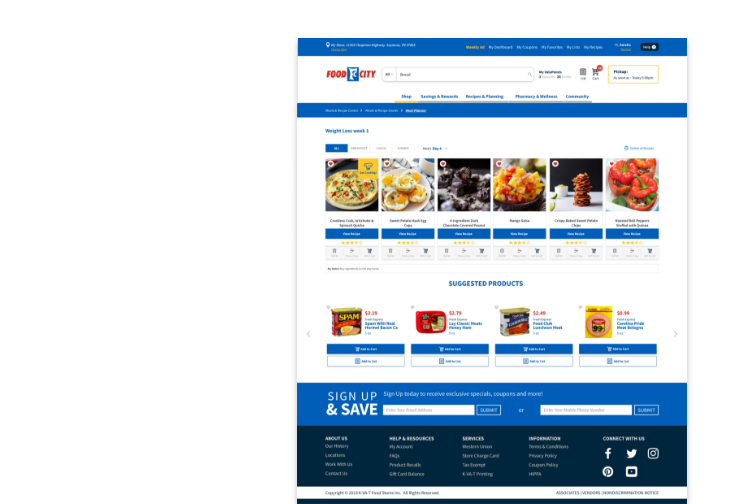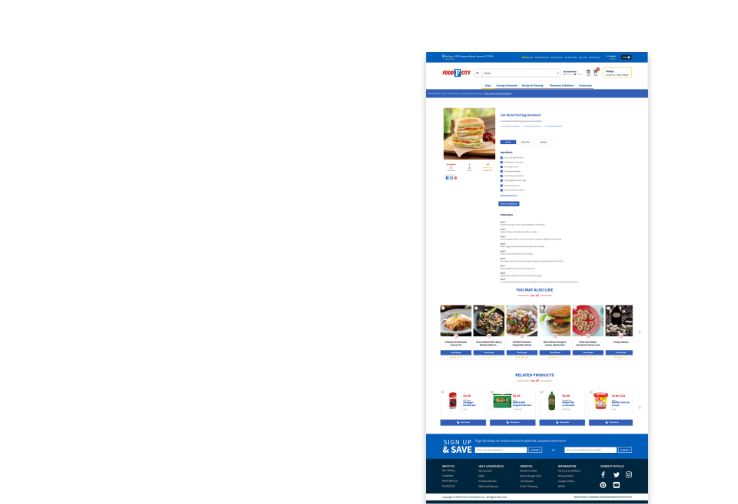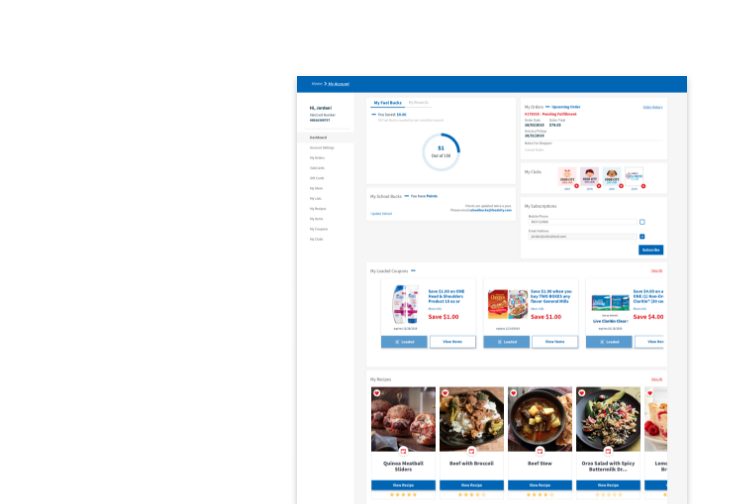
Wellness Club — Optimizing Nutrition on GLP-1’s
Abingdon, VA. -
Saturday, Mar 1, 2025.
Written by: Nicole Pazdziorko, RDN, LDN Food City Corporate Retail Dietitian
Glucagon-like peptide-1, or GLP-1, medications have garnered much attention in recent years, due in part to endorsements touting the benefits of Ozempic for weight loss. This class of medications is used to treat people with diabetes and obesity to help manage blood sugar and assist with weight loss by increasing satiety, slowing digestion and triggering the body to release insulin, thereby lowering blood sugar. However, medication alone is not enough to maximize the effects or to maintain overall health, underscoring the importance of having a nutrition strategy in place.
Prioritize Protein
One of the most important focuses while taking GLP-1 medications is ensuring adequate protein intake. One of protein’s roles in the body is to support the repair and maintenance of muscle tissue, which is especially important when weight loss occurs. During weight loss, some muscle loss is inevitable; however, the goal is to preserve as much muscle as possible while optimizing fat loss. To do this, adequate protein paired with muscle strengthening exercises is essential. Incorporate lean sources like poultry, fish and seafood, eggs, beans, tofu, and Greek yogurt into your meals. While everyone has different protein needs, a good rule is to include protein with each meal and snack.
Incorporate Fiber-Rich Carbs
Fiber is an essential component of any healthy eating plan for longevity, gut health, blood sugar management and digestion. GLP-1 medications slow the emptying of food from the stomach, which can increase the feeling of fullness. While this is a desirable effect in people seeking weight loss and appetite reduction, sometimes people experience gastrointestinal distress while on these medications. Fiber can be beneficial in managing certain symptoms and promote healthy digestion, as well as working alongside medication to manage blood sugar. Aim to include high-fiber foods like vegetables, fruits, whole grains and beans.
Choose Healthy Fats
Healthy fats from sources like avocados, olive oil, nuts, olives and seeds are essential for overall health, for the absorption of certain vitamins and to enhance satiety. Adding sensible portions of healthy fat to your meals can help you to feel satisfied for longer. To keep portion sizes in check, try single serving packs of nuts, seeds and dips.
Stay Hydrated
Because GLP-1 medications slow digestion, some people can experience constipation. Drinking plenty of water throughout the day can help with digestion. Aim to drink calorie-free fluids before and after meals and try to sip throughout the day to stay on top of hydration. Try plain, flavored or carbonated water and caffeine-free teas to sip on, and don’t forget to pick hydrating foods like fruits and vegetables.
Eat Mindfully
These medications make it easier to feel full, but it’s still essential to practice mindful eating. Eat slowly, chew and savor foods fully and pay attention to hunger and fullness cues as you eat. This will help to prevent overeating.
By utilizing these strategies in your nutrition plan, you can optimize results and feel great, whether you are taking GLP-1 medications or not. Small, consistent changes make a big difference over time.
Want to learn more? Join us for an episode of the Food City Podcast where we discuss GLP1 medications and nutrition.

